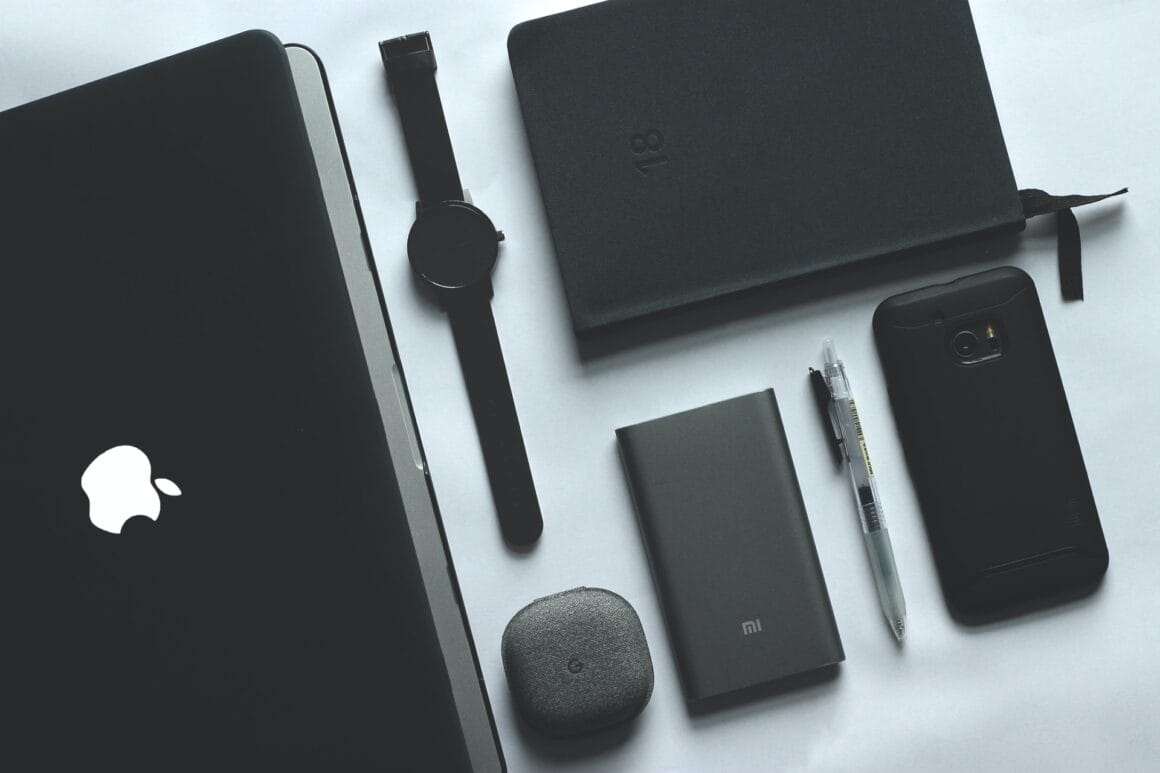During the Covid-19 pandemic, more than £9.4 million was spent on 14,000 devices to facilitate remote working.
According to official estimates, the Department of Health and Social Care (DHSC) spent more than £9 million on 14,000 remote working equipment for hybrid working during the epidemic.
The report follows Minister of State for Brexit Opportunities and Government Efficiency Jacob Rees-demand Mogg’s for civil staff to return to work.
The number of laptops, tablets, and phones acquired by the department each year from April 2019 to March 2022, as well as the cost per device, were tracked using data obtained through the Freedom of Information Act (FoI) and analysed by the Parliament Street think tank.
During the reporting year, the UK public body spent more than £9.4 million on 14,605 laptops, iPads, and iPhones to help employees work remotely during the Covid-19 outbreak.
With about £8.3 million spent on 10,966 gadgets, laptops accounted for 88 percent of the overall outlay on devices.
The DHSC made the largest investment from April 2020 to March 2021, with 9,596 units acquired for a total of £6.2 million, as the department transferred workers to work remotely during Covid-19.
Then, between April 2021 and March 2022, a total of 2,614 devices were purchased.
“The pandemic forced organisations to adapt and implement a remote working model, and organisations, including the Department of Health and Social Care, should be commended for their investment to ensure staff are properly equipped with the technology to work from home. With businesses beginning to re-open their offices post-Covid, a hybrid working model is the optimal model moving forwards, combining the best of remote and office working. It is important that organisations continue with their investment in remote working devices, as the DHSC have done, to ensure the great cost and time benefits of working from anywhere continue, whilst also encouraging work from the office to provide crucial human interaction for staff’s mental and physical wellbeing.”Sridhar Iyengar, MD, Zoho Europe
Increased investment in electronic equipment for employees to use remotely, although beneficial in allowing employees to continue working during the epidemic, might put the UK’s national security at danger.
According to a Freedom of Information request from Parliament Street in June of last year, UK parliament personnel had misplaced digital equipment approximately 100 times in the preceding two years, prompting security concerns.
Laptops and cellphones were among the 96 total stolen or misplaced digital equipment, according to the request, which said that any things lost or stolen might have come from “anywhere on the Parliamentary Estate.”
“With the stark increase in remote working devices during the pandemic, the Department of Health and Social Care, and other organisations, must take care to ensure these devices, and their networks are properly secured. Cyber criminals will use any easy opportunity to launch a cyber-attack, especially against unguarded home devices and networks. Leveraging technologies such as Secure Access Service Edge (SASE) can help organisations quickly and safely migrate to the cloud and ensure company networks are protected, no matter where staff are accessing from. There is also a need to have a trusted device with a baked-in strong identity that is continuously assessed for security misconfigurations and vulnerabilities to access health data. Getting hold of user credentials in the ZTNA context would not be enough to access critical data. Data is only visible when you combine user identity with device identity and conform with the security policy. Otherwise, it is invisible, inaccessible, and therefore a lot more resilient to hacking.”Sinan Eren, VP, Barracuda Networks
Subscribe to Think Remote for the latest news, tips and stories from the remote work world.






